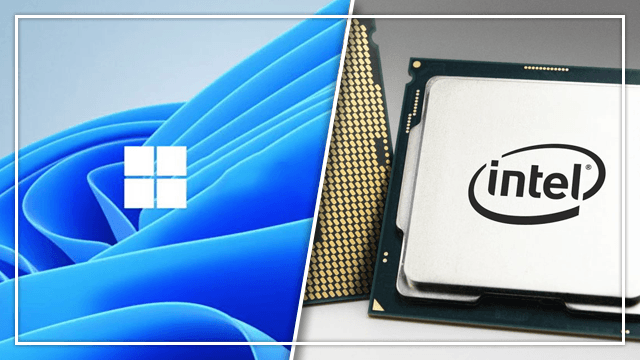Each new edition of Windows has brought increased system requirements, but these have typically been very lenient. However, with Windows 11, the list of supported processors is surprisingly short. Users may find that their CPU isn’t compatible with the new OS. Fortunately, there is a full list of Windows 11 supported CPUs already, so users have a chance to upgrade before it releases later this year if needed.
Which CPUs will Windows 11 support
Previous versions of Windows included support for CPUs as old as 5-10 years upon release. With Windows 11, the oldest processors that are officially compatible released in late 2017, only three and a half years ago.
Windows 11 CPU requirements are:
- Intel: 8th Gen and newer Intel Core processors, and Apollo Lake and newer Celeron and Pentium processors.
- AMD: Ryzen 2000 series and newer, and EPYC 2nd Gen and newer.
That’s a surprisingly small list of CPUs considering the broad range of hardware Windows 10 supports.
Can I install Windows 11 if my CPU isn’t on the list of supported processors?
Unlike some previous versions of the OS, it seems like Windows 11 will completely block a user from installing it if their PC doesn’t meet the minimum system requirements. This means those that don’t have a CPU on the supported list (or don’t have TPM enabled) will be blocked from upgrading to the new OS. Presumably, the same issue will occur to those trying to do a fresh install of the OS as well.
Users can check Microsoft’s PC Health App to see if their computer is ready for Windows 11 when it releases later this year. However, be aware, many users are failing because of issues with user accounts or TPM being turned off in their BIOS. Luckily, these problems are easy to rectify without needing to make any physical adjustment to the computer.











